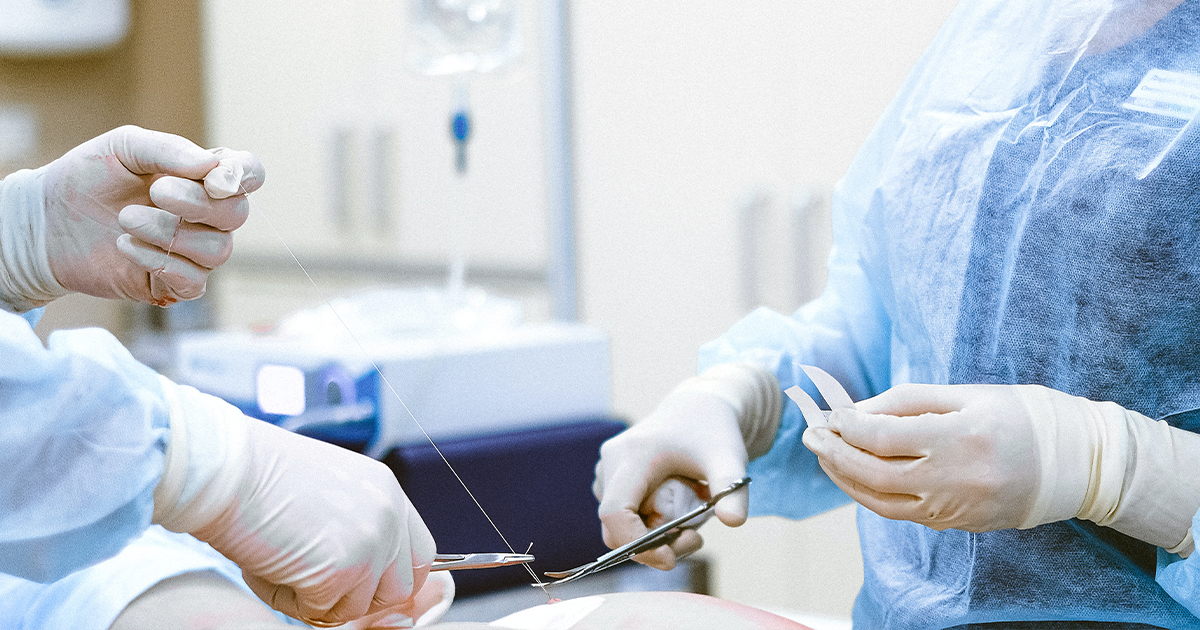They don’t shove them to the side, they put the new kidney in the front 👍
Where do u find these cursed facts, they enlighten my day
I am a wiki-phile.
Thanks, you just reminded me to subscribe to
https://lemmy.world/c/wikipedia
So many quality rabbit-holes!
Ok that was awesome just subscribed …no sarcasm.
Yes, it’s so intriguing. Set a timer, if you want to avoid a whole day timesink. :D
Thank you for the link I have just been going random on wiki but this seems alot better.
Hey, op! I just wanted to thank you again for your contributions. You’ve cleaned up your posts a lot better, and I’m glad to see how much more traction they’ve been getting. Nicely done!
can i get an internet hug now? lol
every once in awhile I remember I have internal organs and it gives me the ick
Maybe if you imagined then being played angrily by tiny little opera phantoms it would help.
I like to imagine my insides are a swamp and I need to drink water to keep the frogs healthy
Fr, the worst is skull awareness when you raise your lip. I am this flesh? This physical mediocrity? It cannot be
Donate them and no more ick
there was a Law & Order Criminal Intent episode about that
Sometimes I wish that I didn’t have a corporeal body. It would be better to just be a mind.
The brain doesn’t do so well in isolation of stimulus for a long period of time.
Better than external ones, I suppose.
You gotta be kidneying me
Not really related, but of a similar vein:
A buddy of mine is an ER surgeon in a rough city in the US. Says that they usually don’t take out bullets from people, just leave them unless they’re causing a problem specifically. It blows my mind that the human body is just fine with it
Just got a .177 pellet cut out of my hand while having another procedure. Took years until I noticed it bothering me.
Got a femur full of deck screws and titanium plates, took 10-years for the pain to 100% wear off, but all that might as well not be there for all I can feel.
Would they not be able to go through metal detectors or get MRIs? And is lead poisoning not an issue? Maybe getting it out is more risky, but it seems like there’d be downsides.
Iirc lead poisoning isn’t much of an issue because your body encapsulates it, preventing the body from absorbing it.
Metal detectors are a non issue. My dad has several pieces of metal in his spine from surgeries. He occasionally sets off metal detectors, but it’s never been a huge issue with security. It’s more common than you think. People have metal plates, screws and general hardware put it surgically for a variety of reasons. It’s fairly common.
Humans are so metal (with a little bit of surgery)
The body:
the hell is this?Checks it out
Well I’m not dealing with it. I’m just gonna mark/wall it off.
Ah, the same way I deal with issues in my life. Good to know that the tendency goes all the way to the bone.
My grandfather lived with a bullet in his foot for the majority of his life. When he passed he was cremated and my mom asked if she could keep the bullet, but apparently nothing makes it out of the cremation process. Whatever metal you have inside you is turned to ash as well.
Some bits survive. E.g. an artificial hip.
They dont explain it though.
I presume the kidneys dies out on its own and the cells get recycled by the body?
You can never have too many kidneys.
Removing it is more traumatic to the body, so they just leave it in.
It’s more that there’s a higher risk of complications if they remove the old kidneys. However, they do start taking them out if you’ve had more than two transplants.
they don’t completely disappear, but they do die and shrivel up.
Nah, it’s still there just not doing anything. If it’s not infected or anything wrong beside it being lazy there’s no need to remove it.
If they took it out, it would leave a big cavity that they would have to fill with beans.
you mean dry ramen, right?
Yeah, but if you get the right beans type, it can form a new kidney and then you’ll have two kidneys again after the transplant. If you get it wrong, then there’s a chance of rejection, though. So most doctors don’t use beans.
Oh no, we’re not starting that shit again!
Why are you red?
Prob an admin of your insurance
Team killer
That’s the fucker with all the extra kidneys
red sus
one large mean green kidney bean??
Yup, it blew my mind when I first learned about it.
Back in high school, I did a kind of medical jobs class that supposedly prepped us for entry into medical training, to help decide if or was right for us, and which fields we might go into. There was more than that, but that was the basic idea.
The last year of the class was going out and playing tag-along on various jobs. Nursing, radiology, pathology, dentistry, whatever.
One of the things we got to go to was a transplant unit. Finding out that kidneys (usually) stay in was kinda crazy because the obvious thing is that they’re diseased, maybe dying, so why would you leave them in, wouldn’t that cause trouble down the road?
Blew all our little minds lol
Afaik it’s a situation where the less things you have to do the better, even if the only benifit is shortening the length of surgery by minute or more, it’s probably saving lives leaving it in as a protocol.
Pretty much, that’s the explanation given back then.
Iirc it was phrased more that the risks of complications from removing the less healthy ones and all the blood supply issues that go with that complicat e the surgery in both time and possible unwanted outcomes. So damn near exactly what you said :)
There’s times it has to be done, but to the best of my knowledge, the majority of cases, the kidneys aren’t doing anything bad, they’re just not working right.
Bonus kidneys?













